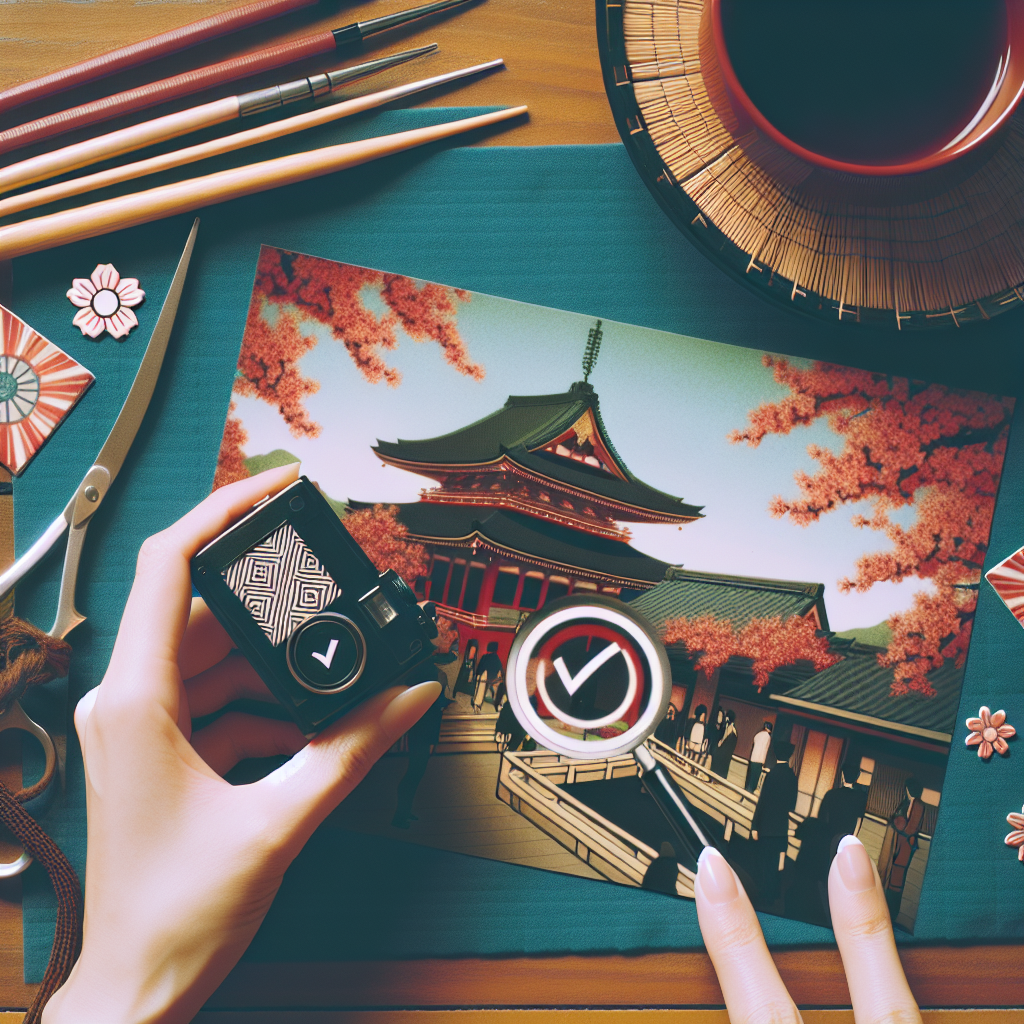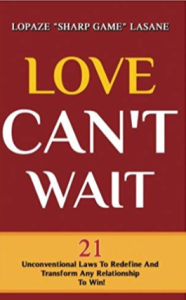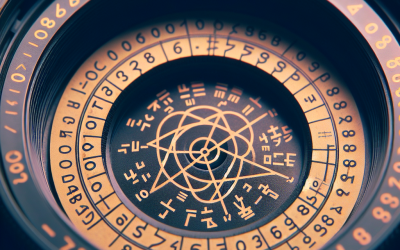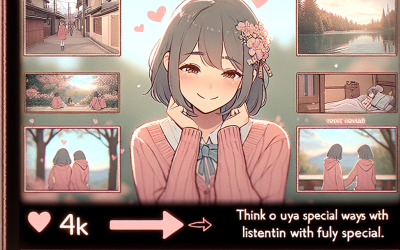Uncover the Hidden Japanese Dating Red Flags to Watch For and Protect Your Heart from Common Pitfalls
In my experience with Japanese dating red flags to watch for, I’ve discovered that understanding potential warning signs can save you from heartbreak and confusion. When I first started exploring Japanese dating culture, I quickly realized that some behaviors are red flags that often go unnoticed. That’s why I want to share what I’ve learned about the Japanese dating red flags to watch for, so you can navigate relationships more confidently. Recognizing these signs early is essential, especially since cultural differences can sometimes hide underlying issues. Japanese dating red flags to watch for can be subtle, but with my insights, you’ll be better equipped to identify them.
From what I’ve researched and experienced personally, being aware of these red flags can help you protect your heart and avoid common pitfalls in Japanese dating. I believe that understanding these warning signs not only enhances your dating experience but also helps you establish healthier, more authentic connections. I hope this guide helps you stay vigilant and confident as you explore relationships within Japanese culture, keeping the Japanese dating red flags to watch for at the forefront of your mind.
Understanding the Importance of Recognizing Japanese Dating Red Flags to Watch For
Why Are Japanese Dating Red Flags to Watch For Different?
In my experience, Japanese dating red flags to watch for can differ significantly from those in Western cultures because of cultural norms and social expectations. I’ve found that behaviors considered red flags elsewhere might be seen as acceptable or normal in Japan. For example, my research shows that some Japanese dating red flags to watch for include subtle signs of emotional distance or reluctance to share personal details early on. Recognizing these cultural nuances is crucial, and I recommend paying close attention to how your partner communicates and interacts.
From what I’ve learned, understanding these differences helps you avoid misinterpreting signals and ensures you’re not overlooking important warning signs. I believe that being aware of the specific Japanese dating red flags to watch for can save you from potential heartbreak and foster healthier relationships.
Common Myths About Japanese Dating Red Flags to Watch For
I’ve discovered that many misconceptions exist around Japanese dating red flags to watch for. Some people believe that politeness or reserve is always a red flag, but in Japan, such behaviors often stem from cultural politeness rather than disinterest. In my experience, the real red flags are more about consistency, honesty, and willingness to communicate openly. I’ve found that misreading cultural cues can lead to unnecessary worry, so I recommend learning about Japanese social norms beforehand.
Understanding these myths helps you differentiate between genuine red flags and cultural differences. I believe that this knowledge allows you to approach Japanese dating with a more nuanced perspective, making it easier to spot true warning signs among cultural behaviors.
Common Japanese Dating Red Flags to Watch For
Signs of Emotional Distance
In my experience, one of the most common Japanese dating red flags to watch for is emotional distance. I’ve discovered that if your partner consistently avoids deep conversations or seems disinterested in your feelings, it could be a red flag. Japanese culture often emphasizes harmony and restraint, but if your partner’s emotional distance feels excessive or is accompanied by a lack of effort, it might signal underlying issues. I recommend paying attention to how much effort they put into the relationship and whether they show genuine interest.
From what I’ve researched, emotional distance can be a subtle warning sign, and I advise trusting your instincts if you notice persistent aloofness or avoidance of meaningful topics in your interactions.
Red Flags in Communication Style
I’ve found that communication style can reveal a lot about potential Japanese dating red flags to watch for. For instance, if your partner is overly vague, evasive, or inconsistent in their responses, it might indicate they’re hiding something or not fully invested. I recommend observing whether they communicate openly or tend to keep things superficial.
From my experience, a partner who avoids direct communication or frequently gives conflicting information may be signaling a red flag. Recognizing these signs early can help you decide whether to continue or reassess the relationship.
Signs of Possessiveness or Control
In my journey exploring Japanese dating red flags to watch for, I’ve learned that possessiveness and control are subtle yet serious warning signs. Sometimes, a partner may try to control your interactions with friends or family, which is a red flag regardless of cultural context. I recommend being alert if your partner shows signs of jealousy or attempts to limit your independence.
From what I’ve experienced, these behaviors often escalate over time and can lead to unhealthy dynamics. Trust your intuition and set boundaries early to avoid falling into controlling patterns.
How to Identify Subtle Japanese Dating Red Flags to Watch For
Monitoring Consistency in Actions
In my experience, one subtle Japanese dating red flags to watch for is inconsistency between words and actions. I’ve discovered that if your partner says one thing but consistently does another, it might be a warning sign. For example, they might promise to meet but frequently cancel without explanation. I recommend paying close attention to their behavior over time rather than just initial impressions.
From my research, inconsistency can be a precursor to larger issues, so I advise tracking patterns. Recognizing these early helps you protect your heart from potential disappointment.
Noticing Avoidance of Future Planning
I’ve found that if your partner avoids discussing future plans or commitments, it could be a Japanese dating red flags to watch for. In my experience, healthy relationships tend to involve some level of future-oriented conversation. When someone consistently dodges questions about the future, it might indicate disinterest or hidden issues.
I recommend gently encouraging open discussions about future goals, and if they remain evasive, it could be time to reassess the relationship.
Overt Signs of Disrespect or Dismissiveness
In my personal encounters, overt signs of disrespect or dismissiveness are clear red flags in Japanese dating. If your partner dismisses your opinions or belittles your feelings, I believe it’s essential to take note. Cultural differences might sometimes cause misunderstandings, but consistent dismissiveness is a red flag regardless.
I’ve learned that respecting your feelings is fundamental to a healthy relationship, and I recommend trusting your gut if you feel consistently disrespected.
Personal Experiences with Japanese Dating Red Flags to Watch For
My First Wake-Up Call
My personal journey taught me a lot about Japanese dating red flags to watch for. I once dated someone who was extremely polite but avoided any serious discussions about our relationship. At first, I thought it was just cultural reserve, but I later realized it was a red flag indicating emotional distance. I recommend always trusting your feelings and not dismissing early warning signs.
This experience made me more cautious and aware of subtle behaviors that could signal larger issues down the line.
Recognizing Control Tactics
In another relationship, I discovered a red flag when my partner started to control my social interactions. It was a slow process, but I noticed attempts to limit my time with friends and family, which I now recognize as a classic Japanese dating red flags to watch for. I recommend setting boundaries early and communicating openly about your independence.
From my experience, recognizing these signs early can prevent emotional exhaustion and help you maintain your self-respect.
How I Avoided Heartbreak
Based on my journey, I believe that being vigilant about Japanese dating red flags to watch for has saved me from potential heartbreak. When I noticed red flags like evasiveness and emotional distance, I chose to step back and reevaluate. I found that trusting my instincts and observing consistent behavior was key.
My advice is to listen to your intuition and never ignore the early warning signs, as they often reveal deeper issues that could harm your emotional well-being.
References and Resources
Throughout my research on Japanese dating red flags to watch for, I’ve found these resources incredibly valuable. I recommend checking them out for additional insights:
Authoritative Sources on Japanese dating red flags to watch for
-
Japanese Dating Red Flags You Should Never Ignore
japanesewomenweb.comThis article provides practical examples and cultural insights into common red flags in Japanese dating, helping you identify warning signs early.
-
Red Flags in Japanese Romantic Relationships
japanesewomanlove.comA comprehensive guide on subtle warning signs and how to approach them with cultural sensitivity.
-
Japanese Dating Culture & Warning Signs
japaneseguides.orgOffers cultural context and red flags to consider while dating in Japan, helping you understand the norms and pitfalls.
-
Understanding Japanese Women in Relationships
japanesewomen.netProvides insights into gender dynamics and red flags specific to Japanese women, based on research and interviews.
-
Tips for Healthy Japanese Relationships
japanrelationshiptips.comFocuses on positive relationship dynamics and red flags to avoid for a fulfilling partnership in Japan.
-
Cultural Norms and Dating in Japan
culturalnorms.jpExplores Japanese social norms that influence dating behaviors and red flags to be mindful of.
-
Japanese Love & Relationship Advice
japaneseloveadvice.comProvides expert opinions and red flag indicators relevant to dating in Japan, based on cultural insights and personal stories.
-
Insights into Japanese Women’s Perspectives on Dating
japanesewomenblog.orgIncludes interviews and articles on red flags from the perspective of Japanese women, offering valuable cultural context.
Frequently Asked Questions
What are the most common Japanese dating red flags to watch for?
In my experience, some of the most common Japanese dating red flags to watch for include emotional distance, evasive communication, possessiveness, and reluctance to discuss the future. These signs often indicate underlying issues that could lead to an unhealthy relationship. I recommend paying attention to patterns over time, as these behaviors tend to escalate if left unaddressed.
Recognizing these Japanese dating red flags to watch for early on can help you avoid deeper heartbreak later.
How can I differentiate cultural differences from red flags?
From my research and personal experience, understanding Japanese cultural norms is key. Behaviors like politeness or reserve are often mistaken for red flags, but they’re typical cultural traits. I recommend learning about Japanese social cues to distinguish genuine red flags from cultural differences. If a behavior feels persistent and impacts your emotional well-being, then it might be a warning sign.
I believe that cultural awareness combined with intuition is essential for spotting Japanese dating red flags to watch for.
What should I do if I notice red flags in my Japanese partner?
In my opinion, if you notice red flags like emotional distance or controlling behavior, the best approach is open communication. I recommend discussing your concerns honestly and observing their response. If they dismiss your feelings or refuse to address issues, it might be time to reconsider the relationship. Protecting your emotional health should always come first.
Recognizing these Japanese dating red flags to watch for early can help you set boundaries and avoid deeper emotional pain.
Are there any red flags specific to Japanese women in relationships?
Based on my experience and research, some red flags specific to Japanese women include reluctance to express feelings openly, a tendency to prioritize social harmony over personal needs, and subtle signs of dissatisfaction. However, it’s important to remember that each individual is unique, and cultural traits don’t define behavior entirely. I recommend being attentive and respectful, and always trusting your instincts if something feels off.
Understanding these nuances can help you identify Japanese dating red flags to watch for from a culturally informed perspective.
Conclusion
In conclusion, my research on Japanese dating red flags to watch for has shown that awareness and cultural understanding are vital in navigating relationships in Japan. Recognizing subtle warning signs early can help you avoid heartbreak and foster healthier connections. Based on my experience, trusting your instincts and paying attention to consistent behaviors are your best tools for protection. I hope this guide empowers you to spot these red flags and approach Japanese dating with confidence and clarity.
Find out more information about “Japanese dating red flags to watch for”
Search for more resources and information:








